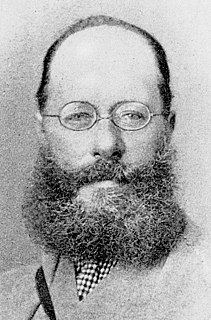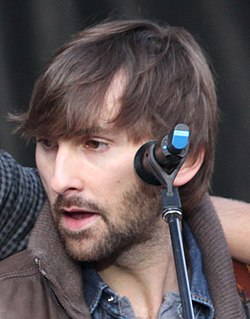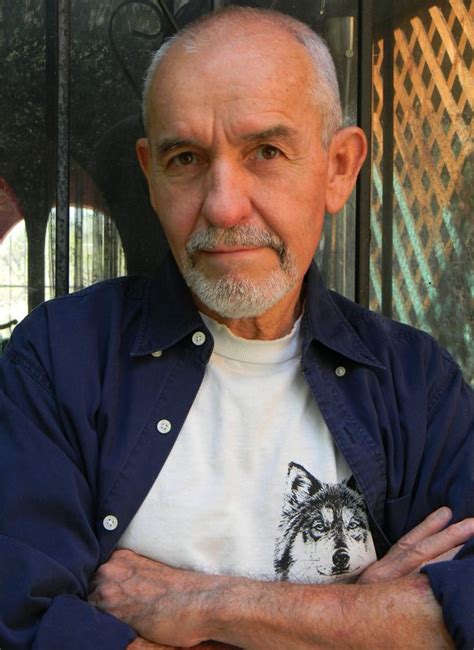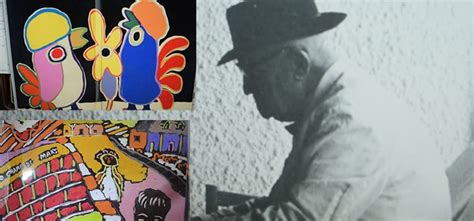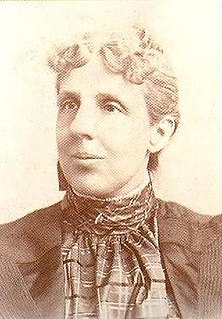A Quote by E. M. Forster
It is easy to sympathize at a distance,' said an old gentleman with a beard. 'I value more the kind word that is spoken close to my ear.
Related Quotes
My first spoken word poem, packed with all the wisdom of a 14-year-old, was about the injustice of being seen as unfeminine. The poem was very indignant, and mainly exaggerated, but the only spoken word poetry that I had seen up until that point was mainly indignant, so I thought that that's what was expected of me.
It's not as if the New Testament writers came along and said, "The culmination of Old Testament books is more books, New Testament books." In some ways they thought instead of the culmination of Old Testament books being Christ himself, the word incarnate as the opening verses of Hebrews 1 put it. In the past God spoke to the fathers by the prophets, but in these last days he has spoken to us by his son and the son is revelation.
This paper will serve instead of a confidential friend into whose ear I might pour forth the overflowings of my heart. It will not sympathize with my distresses, but then, it will not laugh at them, and, if I keep it close, it cannot tell again; so it is, perhaps, the best friend I could have for the purpose.
It isn't always the middle-aged who refuse to listen, who will not even try to understand another point of view. One boy would not get it through his head that for all adults God is not an old man in a white beard sitting on a cloud. As far as this boy was concerned, this old gentleman was the adult's god, and therefore he did not believe in God.
Beside the grand history of the glaciers and their own, the mountain streams sing the history of every avalanche or earthquake and of snow, all easily recognized by the human ear, and every word evoked by the falling leaf and drinking deer, beside a thousand other facts so small and spoken by the stream in so low a voice the human ear cannot hear them.
Well, another senator rose and said {as they always do} 'Does the gentleman yield?' They always say that - least they call each other 'gentleman' in there. But the tone they put on the word, it would sound more appropriate if they came right out and said 'Would the coyote from Maine yield?' 'cause that's about the way it sounds. Well, then, the other senator says 'I yield' (for if he don't the other guy'll keep on talking anyhow). So the coyote from Maine says 'I yield to...the polecat from Oregon!'
We are in love with the word. We are proud of it. The word precedes the formation of the state. The word comes to us from every avatar of early human existence. As writers, we are obliged more than others to keep our lives attached to the primitive power of the word. From India, out of the Vedas, we still hear: On the spoken word, all the gods depend, all beasts and men; in the world live all creatures...The word is the name of the divine world.


